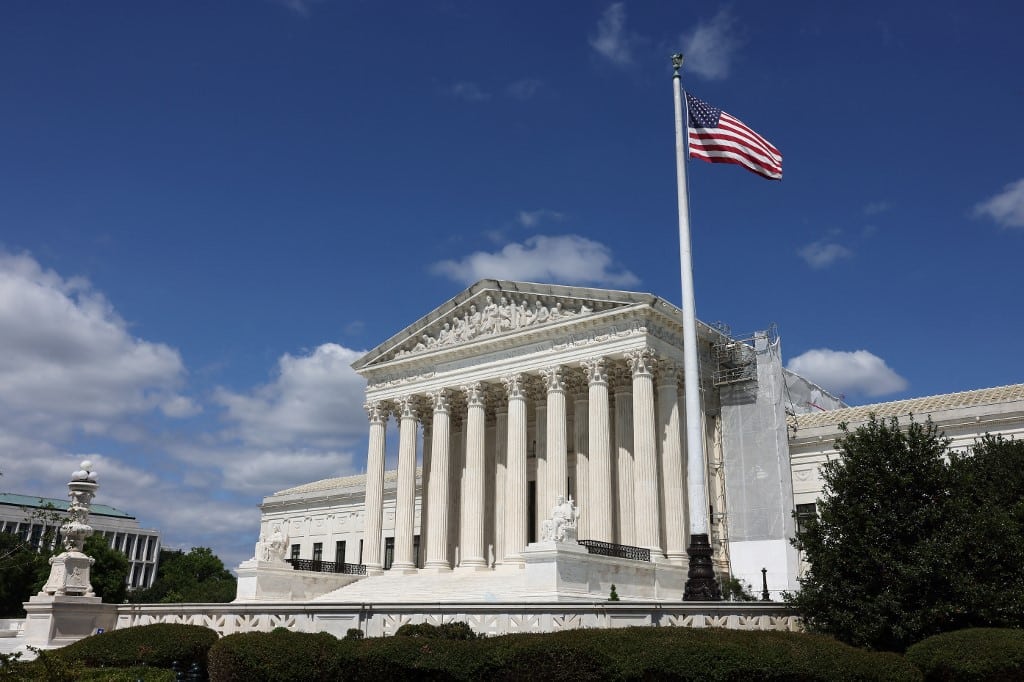
Florida’s Seminole Tribe won an enormous victory when the U.S. Supreme Court denied hearing a case that could have overturned mobile sports betting in the Sunshine State. But could that clear the way for tribal gaming entities in other states to chart a similar course?
Fatal Blow
West Flagler Associates, a parimutuel company based in Florida, has been pitching a vigorous legal battle to remove the Seminole Tribe’s exclusive grip on mobile sports betting in the state. However, any remaining hopes were dashed when the U.S. Supreme Court refused to hear its case, which means no other entity but the Seminoles can offer mobile sports betting in Florida, which means the compact between the tribe and the state will be allowed to continue.
“The Seminole Tribe of Florida applauds today’s decision by the U.S. Supreme Court to decline consideration of the case involving the Tribe’s Gaming Compact with the State of Florida,” read a prepared statement from the Seminole Tribe. “It means members of the Seminole Tribe and all Floridians can count on a bright future made possible by the Compact.”
The ruling likely signals the death knell for the West Flagler Associates’ efforts to disrupt the monopoly the Seminole Tribe has on sports betting in one of the nation’s largest markets.
Legal Dead End
Bob Jarvis, a professor of law at the Nova Southeastern University Shepard Broad Law Center, believes West Flagler Associates’ legal remedies are now severely limited.
“WFA now is done on the federal side. On the state side, it can still file a lawsuit in the Leon County Circuit Court in Tallahassee and argue that the compact violates Florida’s constitution (it doesn’t, of course). That is what the Florida Supreme Court said was the proper procedure when it dismissed WFA’s quo warranto action, which WFA filed directly in the Florida Supreme Court,” Jarvis said.
Ripping a Page Out of Seminoles Playbook
Now that virtually all legal recourse has been exhausted in Florida and the Seminoles have exclusive control of mobile sports betting through a compact with the state, other tribes may be taking notice, especially in California, the most densely populated state in the nation and often considered the holy grail of sports betting markets.
Only a few years ago, a nasty political battle ensued between the major sports betting platforms like FanDuel and DraftKings against the gaming tribes of California. The issue went to the ballot box where the sports betting effort was defeated at the hands of the voters due to an effective campaign by the tribes to have it fail.
Naturally, the gaming tribes in California would be delighted to have exclusive control of mobile sports betting but were adamant about not having the national mobile sportsbooks gain control of the market and squeeze them out of that revenue.
Tribal Triumph
It has been an all-or-nothing approach by the gaming tribes and the platform providers now realize they will not gain access to the Golden State market without cooperation from them. Because of that epiphany, the icy relationship between the two has thawed with FanDuel publicly apologizing for the disagreement.
However, this recent legal victory by the Seminoles could signal a go-it-alone approach by the California gaming tribes, hoping to gain a similar compact with their state as the Seminoles have with Florida. But unlike Florida with only three tribes, California has dozens upon dozens of federally recognized gaming tribes, which could make it much more complicated.
Brendan Bussmann, the managing partner at B Global, noted, “Everybody keeps saying, ‘Oh, this verifies the hub-and-spoke model?’ How do you do a hub-and-spoke model with 60 tribes? Who decides who is the hub and who is the spoke?”
OddsTrader will continue to monitor this story and update our readers as events unfold.







